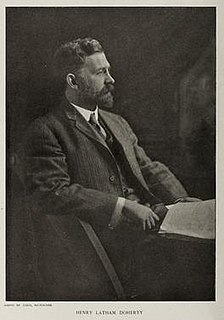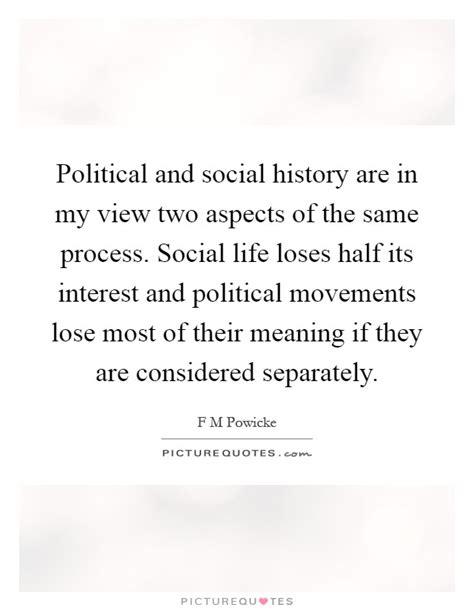A Quote by Henry Latham Doherty
Some of our problems can no more be solved correctly by majority opinion than can a problem in arithmetic and there are few problems that cannot be solved according to what is just and right without resort to popular opinion.
Related Quotes
We are more than our problems. Even if our problem is our own behavior, the problem is not who we are-it's what we did. It's okay to have problems. It's okay to talk about problems-at appropriate times, and with safe people. It's okay to solve problems. And we're okay, even when we have, or someone we love has a problem. We don't have to forfeit our personal power or our self-esteem. We have solved exactly the problems we've needed to solve to become who we are.
When you start a company, it's more an art than a science because it's totally unknown. Instead of solving high-profile problems, try to solve something that's deeply personal to you. Ideally, if you're an ordinary person and you've just solved your problem, you might have solved the problem for millions of people.
The rationale for accepting or rejecting any theory is thus fundamentally based on the idea of problem-solving progress. If one research tradition has solved more important problems than its rivals, then accepting that tradition is rational precisely to the degree that we are aiming to "progress," i.e., to maximize the scope f solved problems. In other words, the choice of one tradition over its rivals is a progressive (and thus a rational) choice precisely to the extent that the chosen tradition is a better problem solver than its rivals.
To politicians, solved problems represent a dire threat - of unemployment and poverty. That's why no problem ever tackled by the government has ever been solved. What they want is lots of problems they can promise to solve, so that we'll keep electing them - or letting them keep their jobs in a bureaucracy metastasizing like cancer.

































